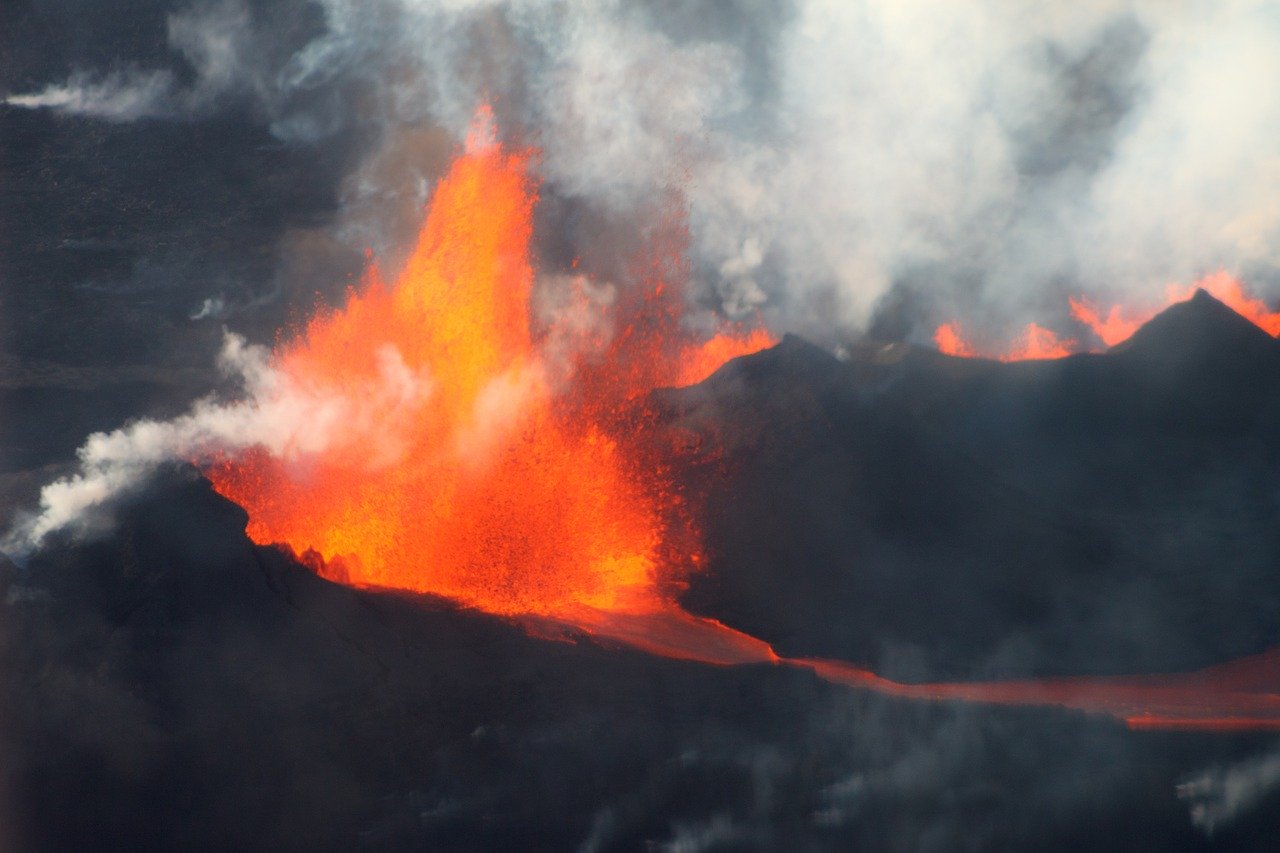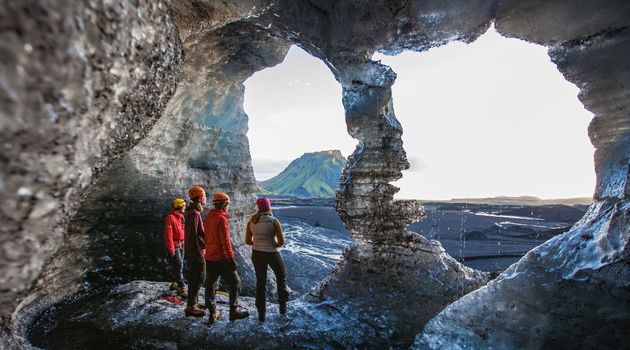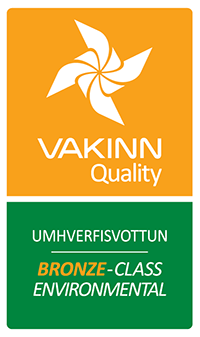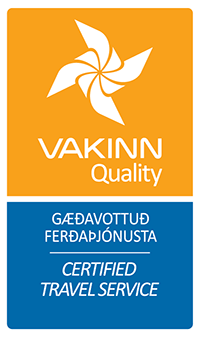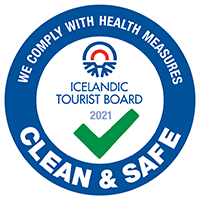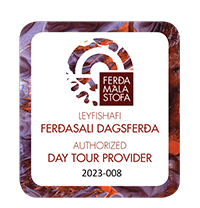You probably know that Iceland is one of the most volcanically active countries in the world.
Our eruptions are different from many places as the country is being pulled apart, so it literally rips open to create new land. Many other countries are being smushed together, which causes friction.
Being a volcanic island, writing the history of the country’s eruptions is pretty much an endless work. Still, if we only look at the biggest eruptions since the settlement in the 9th century, then we can get somewhere!

Torfajökull - 871±2
Torfajökull glacier last erupted in 1477. The eruption was 3 on the volcanic explosivity index (VEI), which means it was catastrophic, and the plume could have reached 3-15km up into the atmosphere. Famous Icelandic landmark Landmannalaugar is near Torfajökull, but the volcano erupts every 600-700 years, which means it is time for it to erupt again.
A garden wall found in a Reykjavík excavation 20 years ago, shows that it was built before the Torfajökull eruption in 871±2. That is a few years before Icelanders thought the country was settled.
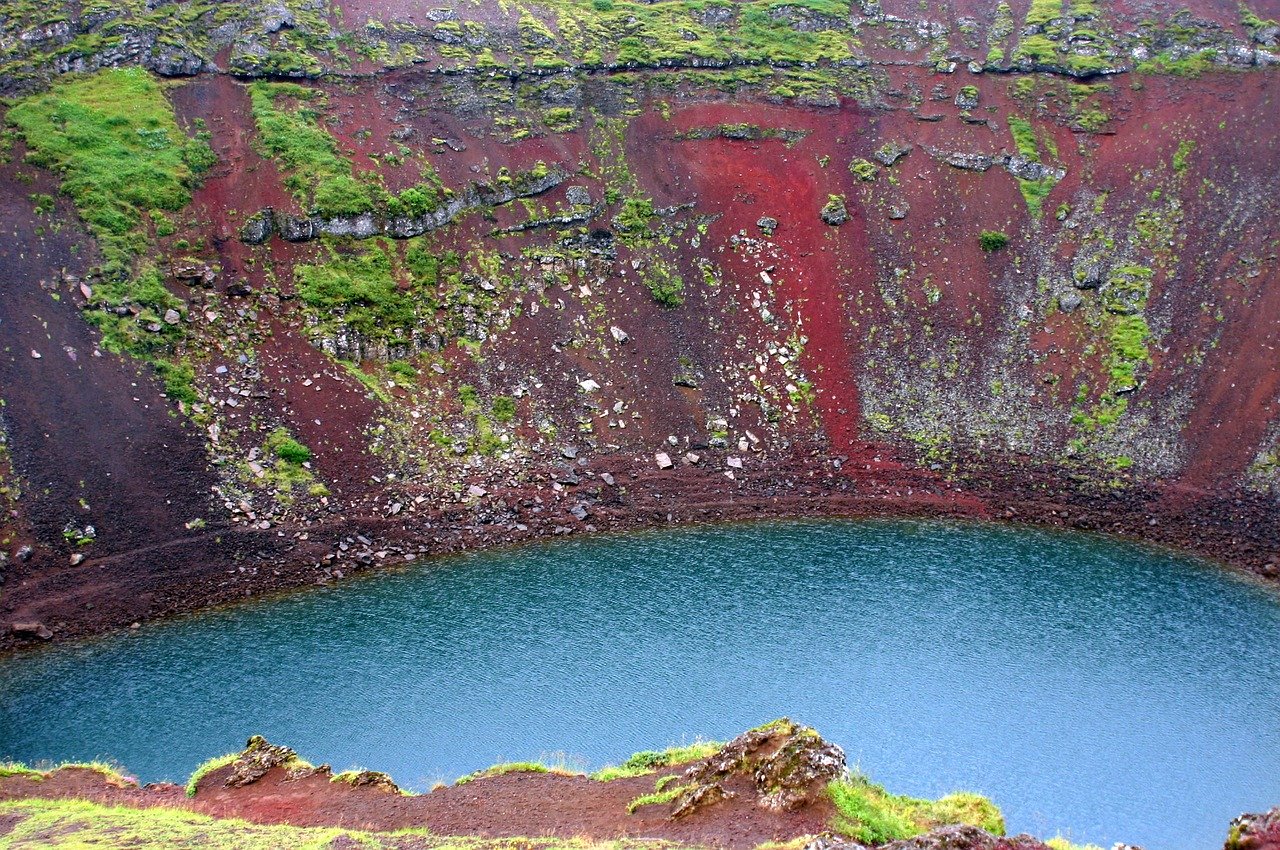
Katla - 934
Katla is one of Iceland’s biggest, most active and potentially most dangerous volcano. It erupts semi-regularly or every 20-90 years. It’s been 102 years since the last big eruption, which was about 4 VEI, or a cataclysmic eruption.
It erupted in 934, which is the biggest volcanic eruption in Iceland after settlement, it was about 5 VEI which means it was paroxysmic. A 75km long fissure opened from Katla to Eldgjá (near to Laki) and it is believed it lasted for about 8 years. It is believed this eruption affected weather all over the world, crops failed in 934 due to cold and water froze in Iraq, which is very rare.
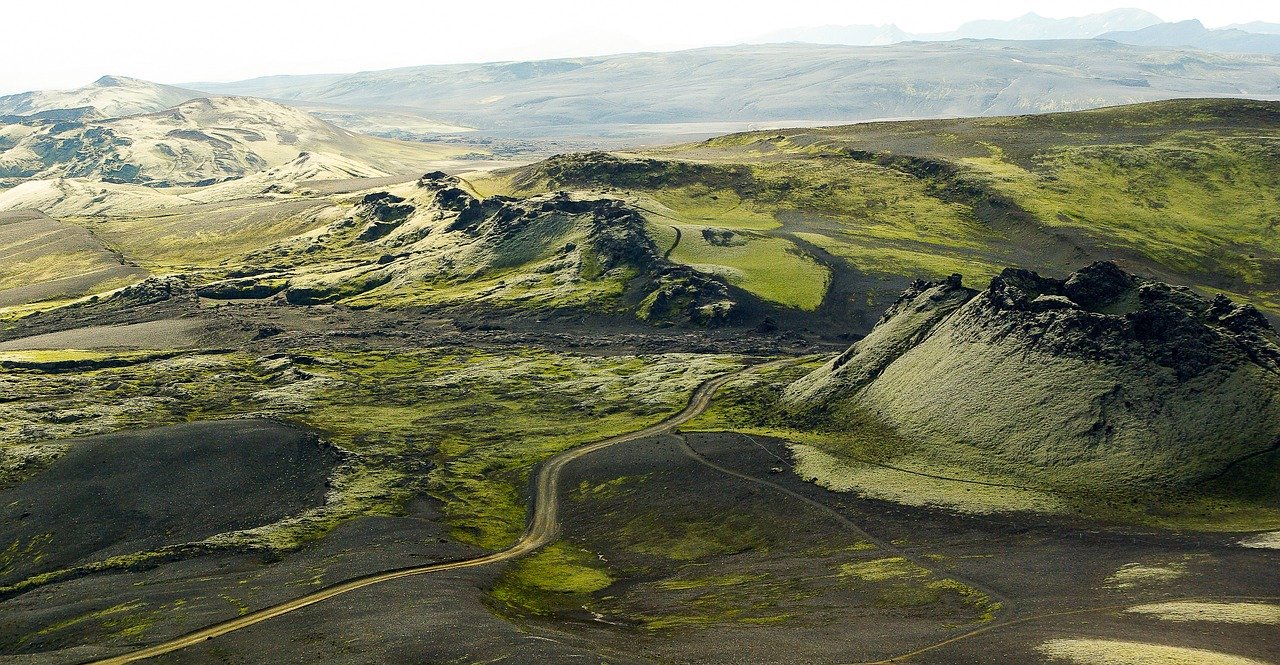
Laki - 1783
In June 1783 Laki opened up. This colossal eruption (6 VEI) laster for just under a year but despite not having been as big as the Katla eruption in the 10th century, it had a far worse effect on the world. 135 craters opened up as well as a 500m wide rift valley. The ash spewed from the eruption was poisonous, full of hydrofluoric acid and sulphur dioxide, which killed about 50% of all Icelandic livestock and 25% of Icelanders.
The ash cloud had the effect of cooling the Earth’s temperatures for the next few years, which led to crop failures. It is believed the Laki eruption is one of the reasons the people of France had enough and started the revolution.
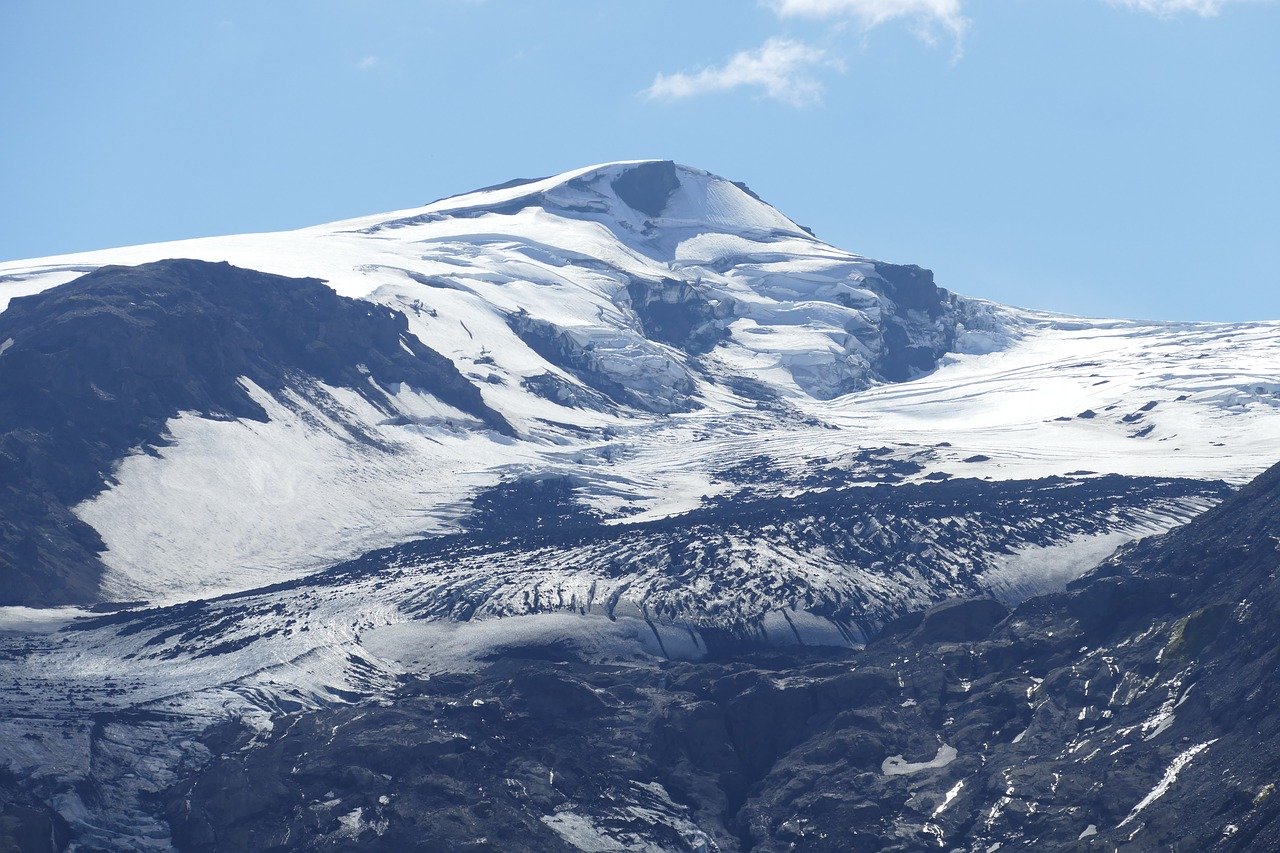
Eyjafjallajökull - 2010
In 2010 Eyjafjallajökull famously erupted and spewed an ash cloud high into the atmosphere which stopped all air traffic in Europe and many international flights in the USA as well for a few days. Despite not being as fatal as many other eruptions, this one is considered to have been 4 VEI or catastrophic.
These are only three of the many volcanos in Iceland. We could write many posts about various eruptions. You will just have to wait and see what comes next!
Like we said at the beginning, Iceland is a volcanic island so when travelling in Iceland, make sure to keep an eye on safetravel.is for updates on the weather and possible eruptions. Your safety is important to us.
If you want to experience the volcanos in Iceland, you need a great car and that´s where we come in. Get the best car rental service in Iceland by renting from Blue Car Rental.
To ensure a great time in Iceland, we also recommend reading our blogs on practical information. And if you do want to see something else, and not just volcanos, check out our blogs on natural wonders. Start your volcanic adventure in Iceland now!
